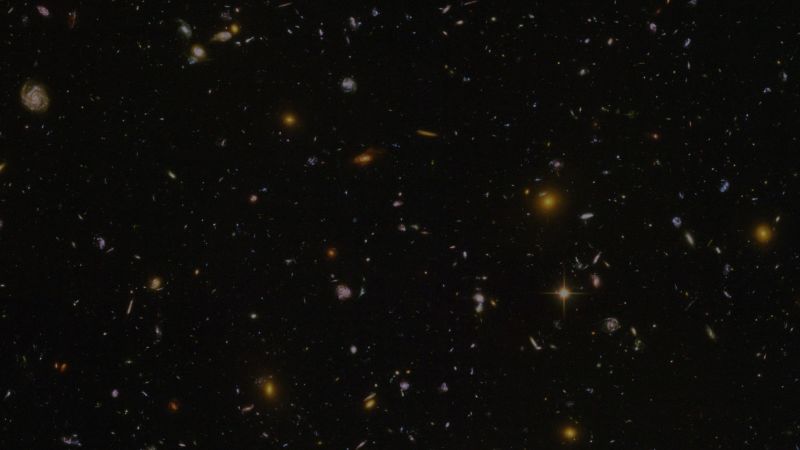April 11, 2024
Race Against Time: Antarctic Ice Threatens Meteorite Collection Amid Warming Climate, Study Reveals
 The study conducted by researchers from the University of Edinburgh and the British Antarctic Survey has shed light on the potential risk of losing meteorites as a result of warming temperatures in Antarctica. This region is renowned for its unique ability to preserve meteorites that have fallen from space due to the cold and arid conditions. However, with the rising temperatures caused by climate change, there is a concern that these valuable scientific specimens may be lost as the ice melts.
The researchers used climate models to predict the impact of global warming on the preservation of meteorites in Antarctica. Their findings suggest that as temperatures continue to rise, there will be a significant reduction in the ice that has been protecting these meteorites for thousands of years. This could lead to increased exposure of meteorites to the elements, such as sunlight and moisture, which may accelerate their decay and eventually result in their loss.
Meteorites are invaluable to scientific research as they provide important insights into the formation and evolution of our solar system. By studying these extraterrestrial rocks, scientists can learn more about the composition of asteroids, the processes that shaped planets, and even the possibility of life beyond Earth. Losing these meteorites would be a significant blow to the scientific community and our understanding of the universe.
Efforts are now being made to preserve and protect the meteorites in Antarctica before they are lost to the ice. This includes the establishment of designated protection zones where meteorites are found, as well as ongoing monitoring and research to assess the impact of climate change on these valuable specimens.
It is crucial that we take action to mitigate the effects of global warming and protect the unique scientific treasures that Antarctica holds. By raising awareness about the potential loss of meteorites due to climate change, we can work towards preserving these valuable resources for future generations of scientists to study and learn from.
The study conducted by researchers from the University of Edinburgh and the British Antarctic Survey has shed light on the potential risk of losing meteorites as a result of warming temperatures in Antarctica. This region is renowned for its unique ability to preserve meteorites that have fallen from space due to the cold and arid conditions. However, with the rising temperatures caused by climate change, there is a concern that these valuable scientific specimens may be lost as the ice melts.
The researchers used climate models to predict the impact of global warming on the preservation of meteorites in Antarctica. Their findings suggest that as temperatures continue to rise, there will be a significant reduction in the ice that has been protecting these meteorites for thousands of years. This could lead to increased exposure of meteorites to the elements, such as sunlight and moisture, which may accelerate their decay and eventually result in their loss.
Meteorites are invaluable to scientific research as they provide important insights into the formation and evolution of our solar system. By studying these extraterrestrial rocks, scientists can learn more about the composition of asteroids, the processes that shaped planets, and even the possibility of life beyond Earth. Losing these meteorites would be a significant blow to the scientific community and our understanding of the universe.
Efforts are now being made to preserve and protect the meteorites in Antarctica before they are lost to the ice. This includes the establishment of designated protection zones where meteorites are found, as well as ongoing monitoring and research to assess the impact of climate change on these valuable specimens.
It is crucial that we take action to mitigate the effects of global warming and protect the unique scientific treasures that Antarctica holds. By raising awareness about the potential loss of meteorites due to climate change, we can work towards preserving these valuable resources for future generations of scientists to study and learn from.
If you would like to delve into the world of investment topics , go to our partner project Wall Street Wizardry


